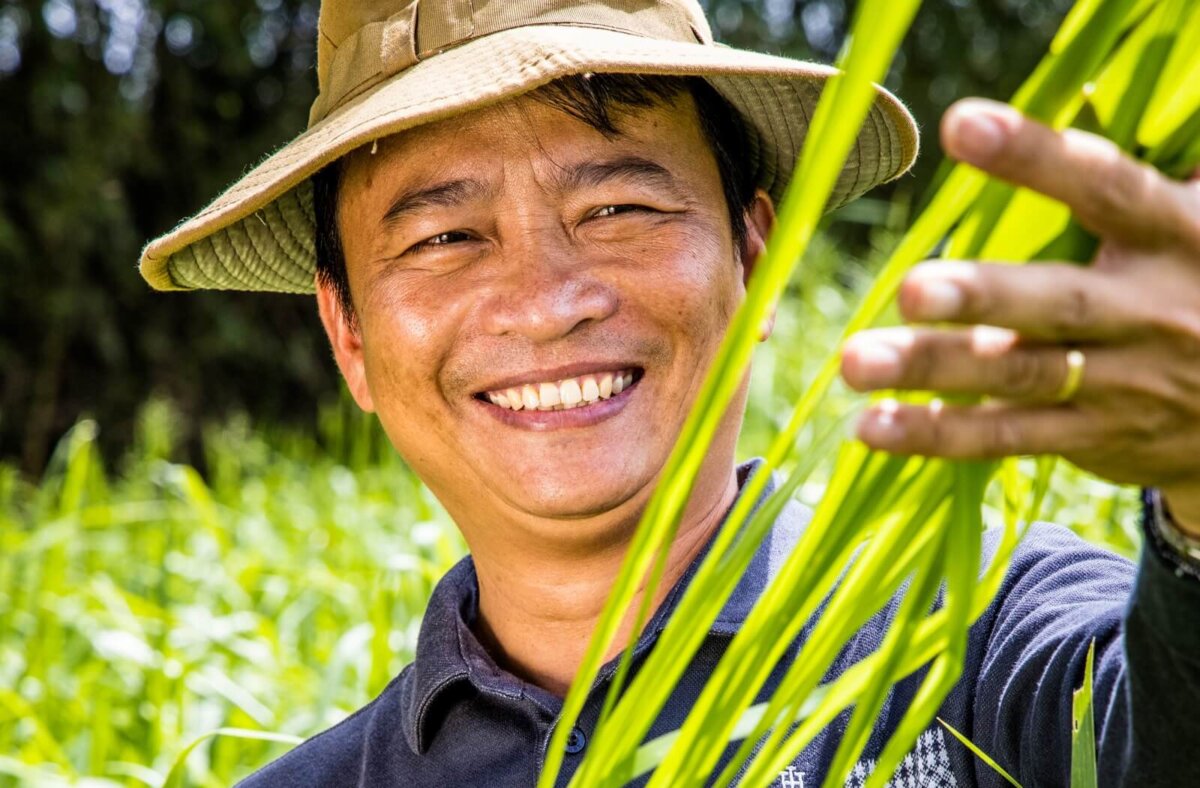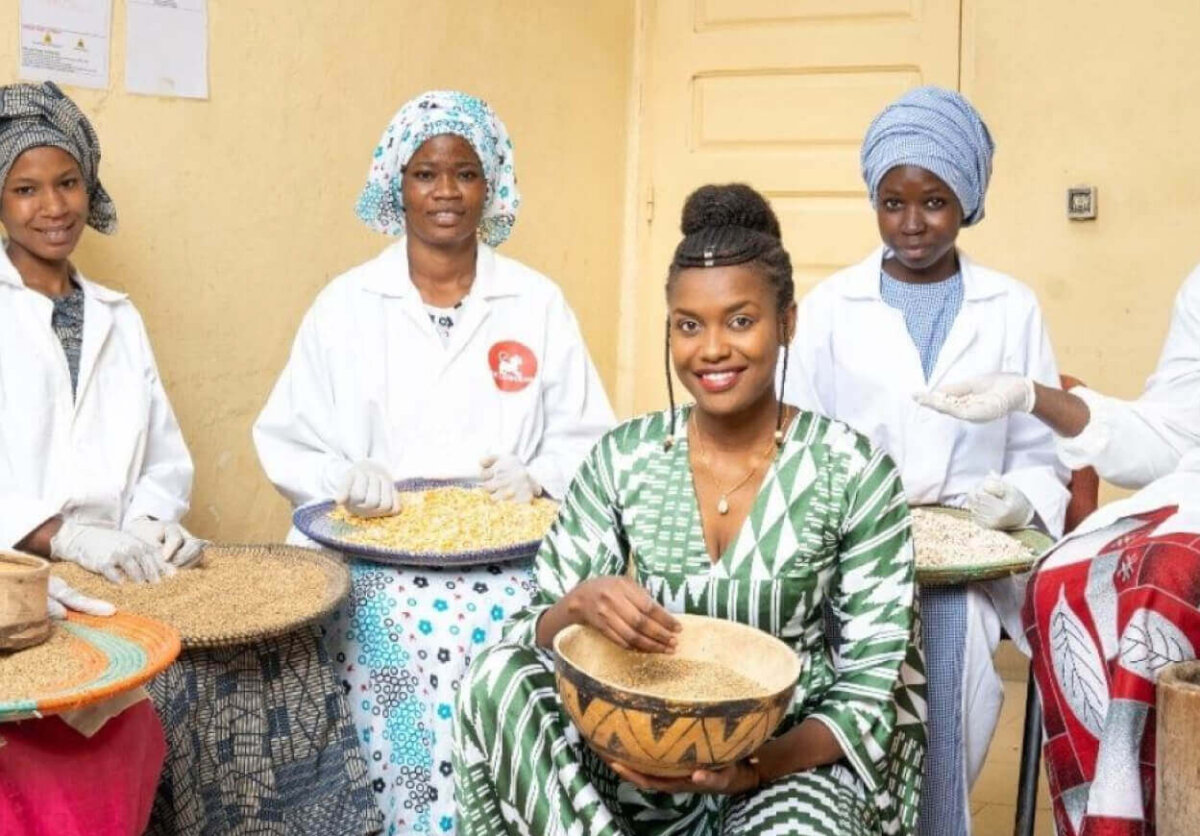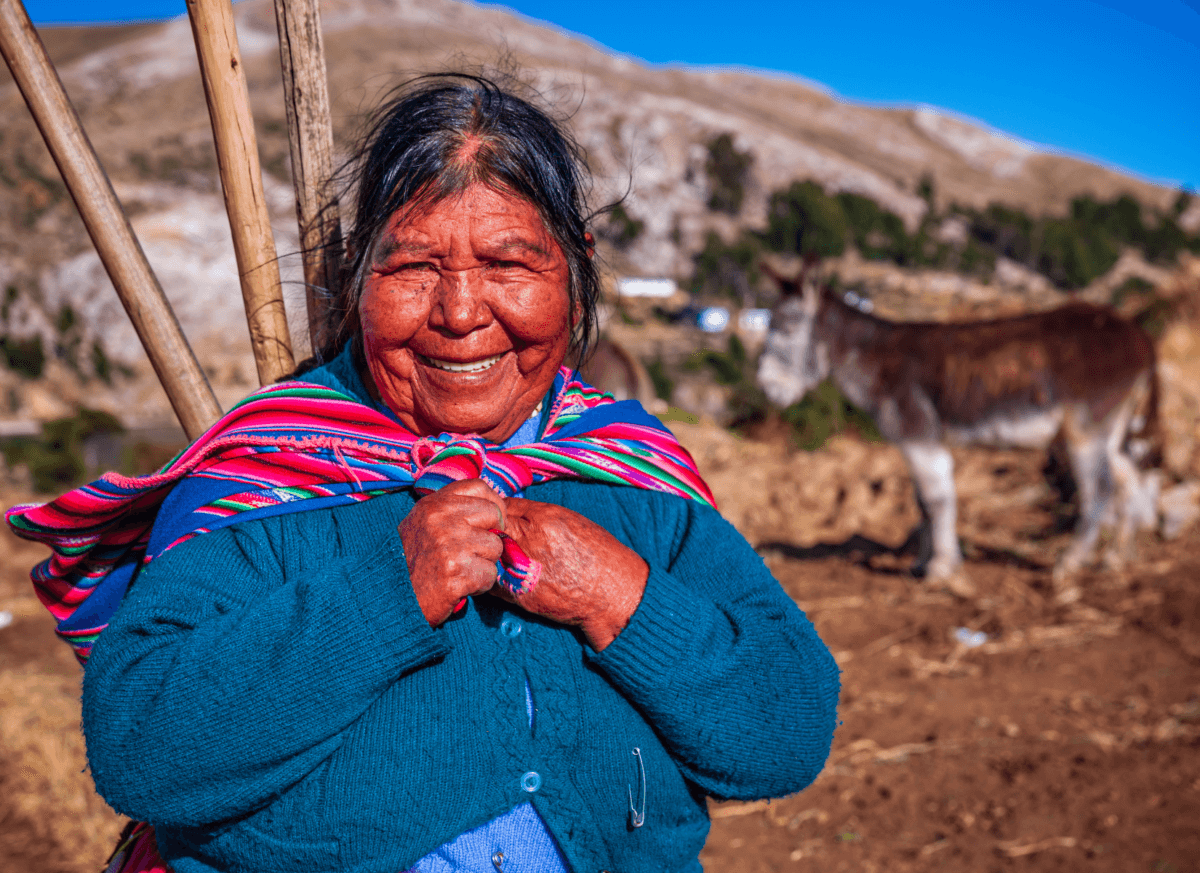- Sectors
- Water and Waste Water
Water and Waste Water
Our PUM experts support clients in the following areas of expertise: drink water supply, laboratory operations (water supply), installation and equipment, plant management, and waste water treatment. We also have ample expertise in the field of integral water projects, connecting solutions with solid waste or energy: the keyword in integral water projects is sustainability.
When it comes to water, Dutch expertise is well-known all over the world. Our expertise covers the water chain (water supply, sewerage, waste water treatment), the water system (integrated water resources management including specific facilities, water quality, groundwater), and coastal areas. Water is seldom a stand-alone issue.
PUM’s water sector, along with its experts, specialises in water projects regarding the construction and management of water facilities in urban and rural areas. These projects aim to create environments where people can live, work, and recreate safelyfrom a social and hygienic point of view. We collaborate closely with our applicants to achieve these goals. Water experts in the Netherlands have learned to think in an integrated way, since many solutions are interconnected with sustainability and corporate social responsibility.
Areas of expertise
- Water treatment (potable)
Indonesia (PDAM’s, Tourist resort), Tanzania (Water companies, Hospitals), Bolivia (Water companies) , Sierra Leone (Water company), Bangladesh (Fish farms), Philippines (Water company, Chamber of commerce), Nepal (Water company), Colombia (Consultants)), Pakistan (Water consultant), South Africa (Chemical), Myanmar (Water company), Jordan (Chemical), Benin (Reserve), Sierra Leone (Water company), Sri Lanka (Water company), Rwanda (Tea grower).
- Water distribution/transportation
Indonesia (PDAM’s), Bolivia and Rwanda (Water companies),
- Leak detection distribution network
Indonesia (PDAM’s), Bolivia (Water company),
- Ground
water
Tanzania, Uganda, Rwanda, Zambia (Drilling wells, Supply), Senegal (Water supply), Algeria (Drilling wells).
- Irrigation
India (West Bengal), Rwanda (Tea grower).
- Waste water treatment
Lebanon (Chamber of commerce, Consultant), Philippines (Deltares /Gvt Philippines), South Africa (Municipalities, Chamber of commerce), Sri Lanka (Rubber), Zimbabwe , Bolivia (Water companies, Chamber of Commerce), India (Textile/Dye/ Leather, Potatoes starch), Morocco (University Waste watercourse), Pakistan (Textile), Colombia (Water company Lake, Consultants), Nepal (Consultant), Kenya (Dairy, Cheese), Jordan (Wastewater consultants), Tanzania (Tourist resort), Ethiopia(University, Municipalities), Rwanda (Automotive), Mali (Consumer oil), Peru (Palm oil, Consultant).
- Water resources/quality management
Colombia (Lake, River), Peru (Rivers, Lakes/Dams), India (West Bengal River/Delta), Senegal (Lake, Rivers), Palestinian territory (Dam locations), Tunisia (Lakes), Kenya (Pumping station fish farm), Suriname (Consultant), Lebanon (Water authority), Sri Lanka (Municipality), Myanmar (Directorate Water resources River), Rwanda (Water catchment/Tea grower), Tunisia (Regional waters).
-
Sewerage
Morocco (Municipality), Bolivia (Water company).
- Water treatment/membranes
Dutch Antilles (Farm).
- Waste water treatment/membranes
Pakistan (Textile).
- Reuse waste water
Pakistan (Textile), Tanzania (Tourist resort).
- Vocational training (Water & Wastewater)
Bolivia (Chamber of Commerce).
- Water treatment/cooling water/water conditioning/legionella
Bolivia (Chamber of Commerce).
Client examples
Water supply rural communities
A drilling company based in Gulu, in the Northern part of Uganda, needed to make successful water wells. Poor communities and a city without water supply used individual water wells driven by a handpump. For health and safety reasons it is important that a municipality has a water well nearby, because the direct use is very crucial. Water, Sani- tation and Hygiene programmes are also directly related to a good water supply. Safe and successful WASH projects depend on the availability of clean and potable groundwater.
Waste water treatment system
An industrial area needed a wastewater treatment system. The wastewater was difficult to treat due to a high pH and a high salt content. The main industrial activity was the industrial conservation of olives. For this reason, biological treatment was not an option. An additional problem was that regulations prohibit treatment that mixes wastewater with sewage. After visiting the industries concerned and consultation with the organisation responsible for the local wastewater treatment, the PUM expert drew up a report. It stated that, initially the industries should reuse lime and salt for cost reduction and should produce an effluent suitable for biological treatment. Another important point was that sewage should be used to dilute the industrial effluent. The mixture was treated in an anaerobic treatment system. The treatment facility was realised as part of the existing anaerobic pond.
Small-scale water treatment
Some 20 remote rural villages asked for assistance in disposing of municipal wastewater. The wastewater was discharged untreated in fields, paths and gardens close to the village. It was causing unhygienic situations and water-related diseases. A PUM expert visited the area and during his stay, several modules of small-scale wastewater treatment units were engineered. After that, the modules were adjusted to the local circumstances, such as hilly or flat areas, the geo-hydrological situation, etc. Local social and cultural habits were also taken into account and the participation of the village inhabitants was secured. Furthermore, awareness was raised regarding the intake, storage and treatment of drinking water at a household level. By sharing additional hygiene information with village health posts, a total plan for a decrease in water related diseases was realised.
Waste water treatment at a dairy farm
The water used in a dairy farm in Honduras was treated in a treatment plant, where among other things, the pH level was being controlled. The plant was constructed about five years ago. The water treatment results were very poor due to heavy overloading and wrong dimensioning. The treated water was discharged into the public sewer and sludge was collected and removed in drums. During the first mission several, improvements were suggested. Most of these have been implemented. The most important is the change in sequence of pH control, the flotation unit and the equalising tank. The measures had positive results. Situating the equalising tank at the beginning of the process resulted in much better and more constant performance of the flotation unit. One result of the new situation is also that fewer chemicals have to be used.
Professional people for positive impact
Looking to grow your business or organisation sustainably and build a brighter future for your community? Contact one of our representatives in your country for criteria, more information and guidance on the application process.





